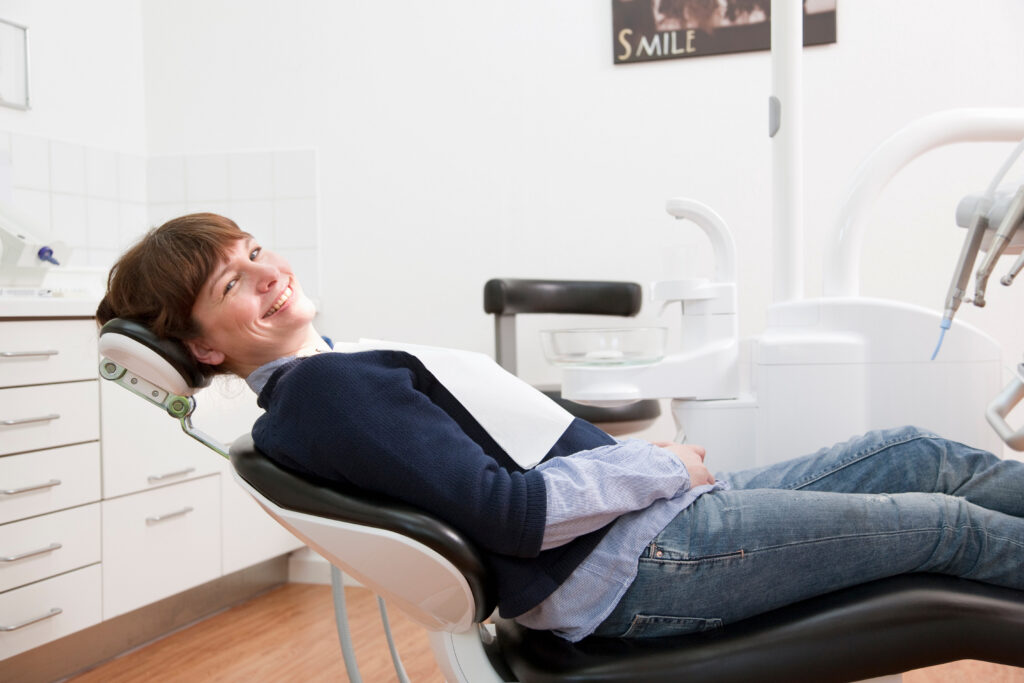Have you ever left a dental cleaning appointment and thought, “Wow, my mouth feels brand new”? That squeaky-clean, minty-fresh sensation isn’t just satisfying—it’s a sign that your oral health just got a solid boost. But here’s the bigger question: Are you keeping up with these cleanings regularly, or only booking them when something feels off?
Routine dental cleanings aren’t just a “nice-to-have”—they’re a non-negotiable part of maintaining a healthy mouth, a confident smile, and even your overall wellness. Let’s unpack why this simple visit, typically just twice a year, can have a lasting impact on your life.
What Really Happens During a Dental Cleaning?
Dental cleanings might seem routine—and that’s kind of the point—but there’s a lot more happening than meets the eye. It’s not just a “brush-up” or glorified flossing session.
Here’s what a typical professional cleaning includes:
- Scaling: This step removes hardened plaque (called tartar) from the surface of your teeth and along the gumline using specialized tools.
- Polishing: After the gunk is gone, your hygienist uses a gritty paste and polishing tool to buff out surface stains.
- Flossing: Yes, even the flossing hits differently when a pro does it.
- Fluoride (sometimes): You may receive a fluoride treatment to strengthen enamel and protect against future decay.
It’s not just about what’s removed—it’s also about what’s checked. Dental professionals look for early signs of gum disease, tooth decay, oral cancer, and more during these appointments.
Why Dental Cleanings Are a Must-Have, Not a Maybe
So why can’t we just brush and floss at home and call it a day?
Well, think of your dental cleaning as the tune-up your car needs even if the engine seems fine. You might not notice a problem yet, but that doesn’t mean there isn’t one brewing under the hood.
- Prevention is Cheaper (and Less Painful) Than Treatment Skipping cleanings can lead to gum disease, cavities, or worse. Treating these conditions is not only more expensive—it often involves discomfort or even surgery.
- Protect Your Gums Plaque that sits for too long hardens into tartar, which irritates your gums and leads to gingivitis. Regular cleanings remove tartar and stop gum disease before it starts.
- Boost Your Overall Health Yep, there’s a body-mouth connection. Poor oral health has been linked to heart disease, diabetes, stroke, and even pregnancy complications. That’s not fear-mongering—it’s science-backed.
- Whiten and Brighten While it’s not the same as professional teeth whitening, cleanings remove surface stains from coffee, wine, or tobacco, giving your smile a noticeable refresh.
How Often Should You Get a Dental Cleaning?
For most people, every six months is the sweet spot. But if you have a history of gum disease, smoke, have diabetes, or are prone to cavities, your dentist may recommend cleanings every 3–4 months.
If it’s been a while since your last cleaning—no judgment! Just know that the longer you wait, the more buildup collects, and the more involved your cleaning might be. But once you’re back on track, the process becomes quicker and easier.
The Benefits of Routine Dental Cleanings (According to the Experts)
The American Dental Association (ADA) and Centers for Disease Control and Prevention (CDC) agree: Regular professional cleanings are essential to reducing the risk of oral diseases and maintaining strong teeth and gums.
Here are the key benefits:
- Early detection of oral health issues like cavities, gum disease, or even oral cancer.
- Reduced inflammation in the gums, which helps prevent systemic issues related to chronic inflammation.
- Savings on future dental work, thanks to prevention of bigger (and costlier) problems.
- Better breath—because nothing fights halitosis like a thorough tartar cleanup.
- Improved confidence, thanks to a brighter, healthier smile.
These benefits compound over time, too. The more consistently you go, the easier it is to maintain your oral health with minimal intervention.
What Happens If You Skip Cleanings?
Let’s break it down plainly: skipping cleanings doesn’t just mean a little plaque buildup. Over time, it can snowball into:
- Gum disease (gingivitis → periodontitis → tooth loss)
- Tooth decay that leads to fillings, crowns, root canals, or even extractions
- Persistent bad breath that brushing and mints can’t mask
- Increased medical risks, particularly if you have underlying health issues
The absence of pain doesn’t equal the absence of problems. Dental issues often develop quietly—until they don’t.
How to Make Cleanings a Consistent Habit
We get it—life gets busy. But prioritizing cleanings doesn’t have to feel like a chore. Here’s how to make it easier:
- Book your next appointment while checking out. Lock it in, and you won’t forget.
- Set calendar reminders. Treat it like you would a haircut or physical.
- Pair it with other self-care routines. Think of it as part of your wellness strategy, not just another errand.
If dental anxiety is a barrier (more on that in an upcoming blog), talk to your dentist about your concerns. Cleanings should never be painful or scary.
A Small Step With a Big Payoff
The beauty of routine dental cleanings is that they don’t take much time, they’re relatively low-cost, and they offer immense long-term value. Plus, walking out of the office knowing your smile is healthier than when you walked in? That’s a feeling you can’t beat.
Looking for expert care that makes routine feel remarkable? Call All About Smiles in Rogers, AR at 870-669-1507 to schedule your next dental cleaning. Your future smile will thank you.
